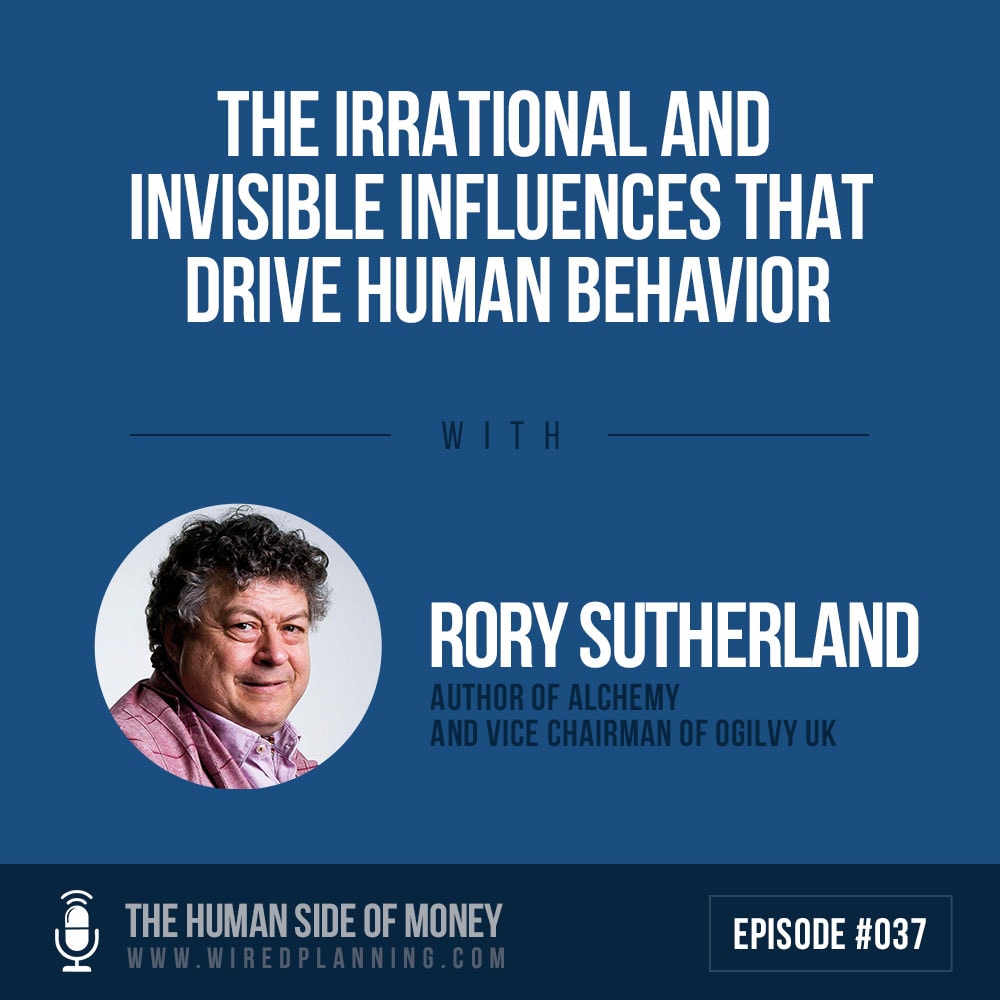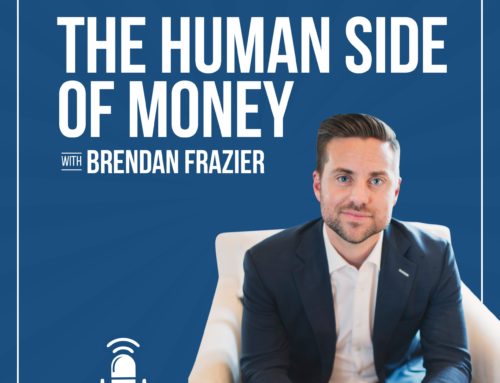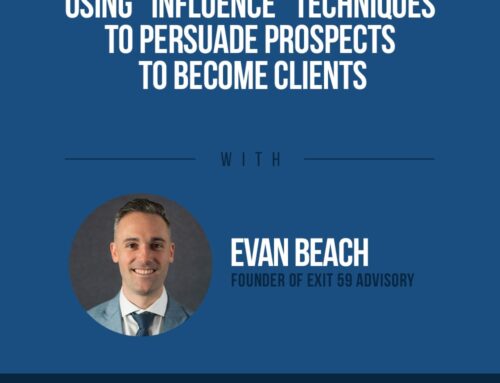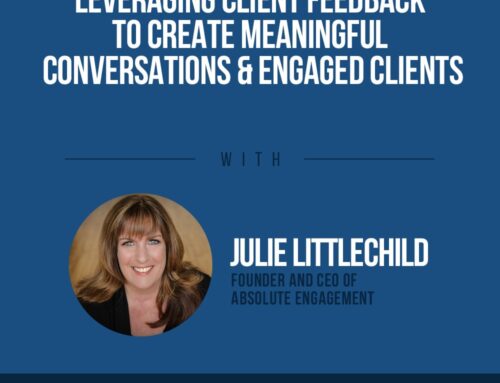Show Links
*If you want to be notified when the next episode packed full of practical tips and strategies to master the human side of money will be released, you can:
- Subscribe to the Show
- Join the community of like-minded advisors and planners across the world being notified via email. In addition to podcast releases, you’ll get our monthly “Wisdom Round Up” where we deliver to you the best content from around the industry on applying behavioral finance and mastering the human side of money.
Episode Summary
In a world based solely on logic, Starbucks wouldn’t exist. Neither would Red Bull.
In a purely rational world, no one should ever drive to a store to purchase a coffee drink that’s 5x more expensive than just brewing their own coffee at home.
Additionally, we know that people genuinely dislike the taste of Red Bull. Yet, not only did Red Bull survive despite people disliking the taste, it established itself as the world’s leading energy drink based on market share.
In a purely rational world, a drink with a terrible taste should never grow into a worldwide brand.
Yet, we don’t live in a purely rational world. We live in a world where many of our decisions and behaviors are subconsciously guided by invisible influences.
Which means, must to the dismay of economists, physicists and engineers, that the best solutions to a problem are often illogical and even irrational.
For example, let’s suppose you’re working with a company who wants to increase their sales of coffee.
Conventional wisdom would point you towards a few levers to pull:
- More visibility through advertising
- Improve the quality of the coffee
- Lower the price
- Run a promo
- Start a loyalty program
All of which are noble options that have been proven effective at one time or another.
But what about improving/upgrading the appearance of their outdoor patio?
Even if you thought that would be effective, you would still never mention it out of fear that you’d be banned from any future conversation.
But that’s precisely what led to a boost in sales and the success of this coffee shop.
The coffee shop was located off a busy road, and the presence of the outdoor furniture signaled two things to people that drove by: they were busy (because people were sitting there drinking their coffee) and they were open (because the owners wouldn’t leave the furniture out if they were closed to avoid them being stolen).
When evaluating the marketing strategy for your practice, it’s logical to focus on things like which networking events to attend, how many people have you added to your email list, what type of ads you want to run, how to get more people to your seminars, how to improve your referrability, etc.
But when was the last time you thought about:
- What your office/Zoom background is “signaling” to your prospective clients?
- What minor detail or design on your website could improve email or appointment conversions?
- How you could re-package your services in a way that felt less overwhelming while addressing exactly what the person wants?
- What things might be causing your prospective clients to perceive your services as expensive rather than a steal?
They certainly aren’t logical and often go overlooked altogether. But, it’s these often-overlooked, invisible influences that usually deliver outsized returns.
Rory Sutherland consults with companies and brands around the world to help them improve their marketing, branding, and advertising by applying a behavioral science lens. A lens that focuses less on logic and more on the irrational and invisible influences that shape people’s behavior.
Things You’ll Learn
- Why people have such a hard time understanding what they REALLY want
- The real reason why people go see doctors (and potentially financial advisors)
- Why biases and behaviors aren’t actually irrational once you understand human behavior
- Why most businesses have failed to account for the brain evolving and how it costs them money
- The psychological challenges involved when saving for retirement (and thoughts on how to combat it)
- What Rory says are the two principal values of a financial advisor from his point of view
- The power of context in influencing decision-making and behavior
- What Rory’s thought process was when choosing his advisor
- The power of “signaling” – the most underappreciated factor of building trust
About Rory Sutherland
Rory Sutherland is the Vice Chairman of Ogilvy UK. He’s the author of Alchemy: The Dark Art & Curious Science of Building Magic in Business, Brands, and Life. NPR described him as “one of the leading minds in the world of branding.” And his TED Talks have been viewed nearly 7 million times.
Other Episodes You’ll Like on Understanding Human Behavior
- Episode 6: Bringing Behavior To Life In Financial Planning w/ Neil Bage
- Episode 8: The Path To Building A “Behavioralized” Practice w/ Dr. Daniel Crosby
- Episode 53: The Psychology of Decision-Making In Financial Planning with Hal Hershfield
Resources
- Rory Sutherland Twitter
- Ogilvy UK
- Alchemy: The Dark Art and Curious Science of Building Magic in Business, Brands, and Life by Rory Sutherland
- Nassim Nicholas Taleb
- Iain McGilchrist
- Richard Thaler
- Fooled By Randomness: The Hidden Role of Chance in Life and in the Markets by Nassim Nicholas Taleb
- Full House: The Spread of Excellence From Plato to Darwin by Stephen Jay Gould
- Happiness By Design: Change What You Do, Not How You Think by Paul Dolan
- The Folly of Fools: The Logic of Deceit and Self-Deception in Human Life by Robert Trivers
Whenever you’re ready, there are 3 ways I can help you master the human side of advice:
- HSOA Masterclass: An 8-week group program on building trust & connection, aligning money and life, and delivering frictionless advice.
- The Ultimate Discovery Meeting: A proven framework to seamlessly convert prospects into life-long clients in one meeting.
- HSOA Community (COMING SOON!): An online space to meet, collaborate, discuss, brainstorm, learn and grow with other advisors passionate about the human side of advice
If you’re interested, let me know here.








